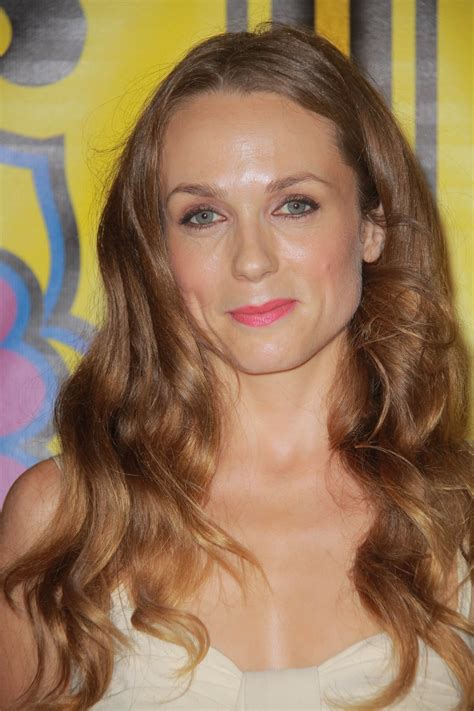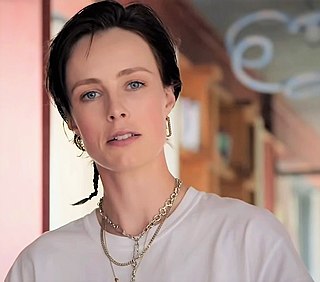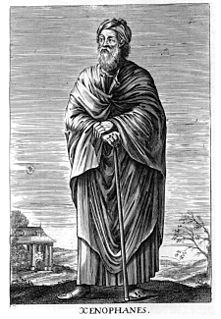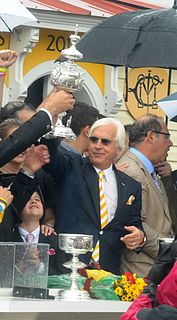A Quote by Aleksandr Solzhenitsyn
Related Quotes
In ascending order the qualities of Patriotism are: 1. To work, fight, or die for your own survival. 2. To work, fight, or die for your immediate family. 3. To work, fight, or die for a group, extended family, tribe, or clan. 4. To work, fight, or die for a group too large for all the individuals to know each other. 5. To work, fight, or die for a way of life.
No one ever came to grief-except honorable grief-through riding horses. No hour of life is lost that is spent in the saddle. Young men have often been ruined through owning horses, or through backing horses, but never through riding them; unless of course they break their necks, which, taken at a gallop, is a very good death to die.
2 p.m. beer nothing matters but flopping on a mattress with cheap dreams and a beer as the leaves die and the horses die and the landladies stare in the halls; brisk the music of pulled shades, a last man's cave in an eternity of swarm and explosion; nothing but the dripping sink, the empty bottle, euphoria, youth fenced in, stabbed and shaven, taught words propped up to die.
I realized horses have personality when I bought one and I had one, who's now out to pasture, a horse named Drifter. Before that, I was a city boy. Horses, I used to go out to the LaBagh Woods and ride at a stable once every two years or something; no idea about horses. Dogs, I knew, had personalities, but not horses.





































